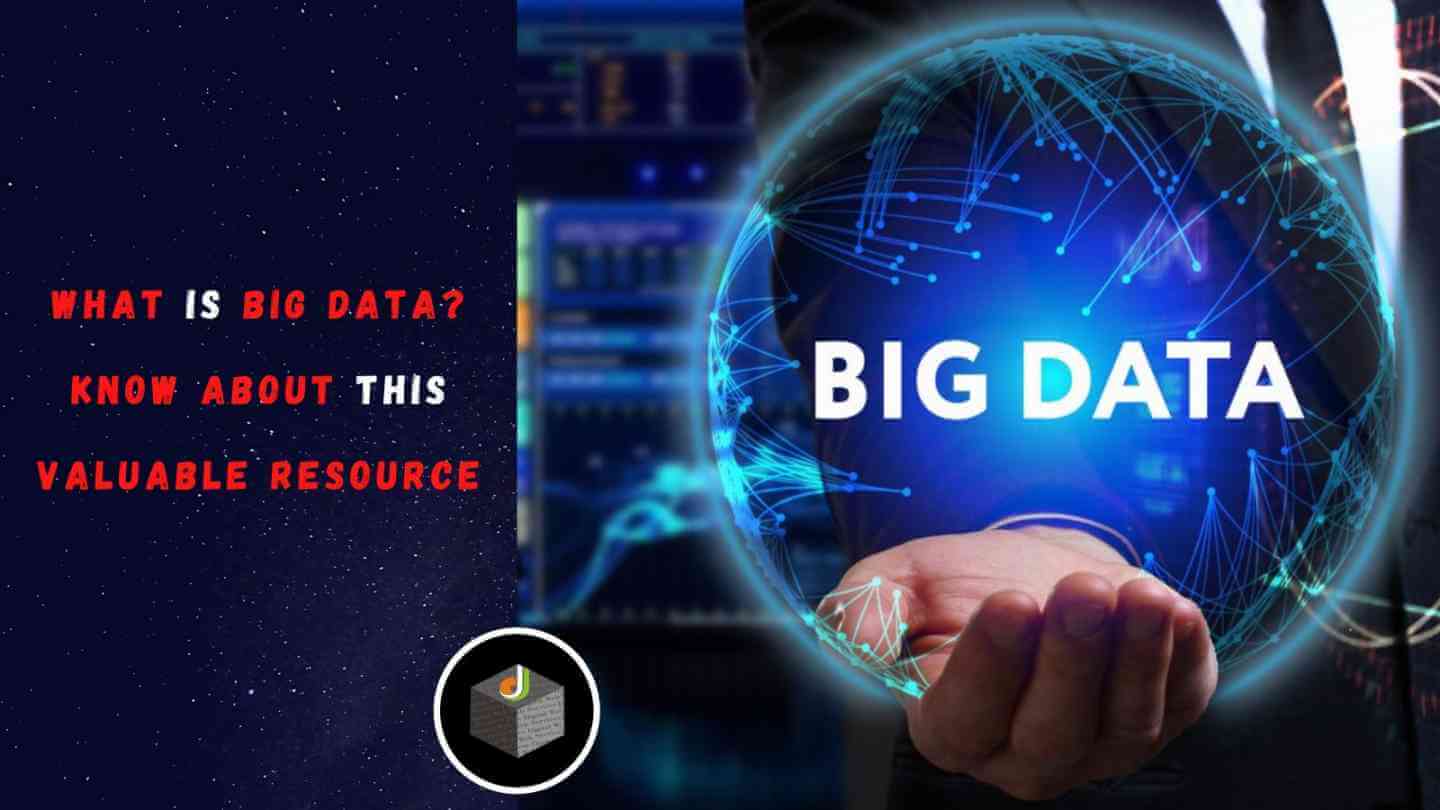
The last 10 years have been marked by disruption in several markets. The possibility of changing the way things have always been done, leaving the traditional and offering the services that consumers have always dreamed of is being possible with all the technology available and accessible to everyone. The creation of new products, more targeted marketing, and better decision-making are happening thanks to Big Data and the crossing of information between different data sources.
But a lot of people ask themselves “what is this Big Data thing?”. As the volume and diversity of data make up the strength of Marketing by Data, the use of the Big Data concept becomes essential in our daily lives. Therefore, in this article, we are going to explain what Big Data is and all its possibilities for you to understand how promising this concept is and its applications in your daily life.
Concept of Big Data
The concept of Big Data describes the large volume of data that is generated every second. Put more simply, Big Data is a process of analyzing and interpreting a larger and more complex set of data, especially new data sources. competitive advantages in the market.
Big Data can store any data collected about a subject or a company, such as purchase and sale records, and is a real example of how better results can be guaranteed with the help of technology by providing new information that opens up new opportunities and models. of business. It is possible to harness Big Data to work, in practice.
5 V’s of Big Data
A simple way to complement the explanation of the Big Data context is to talk about the V’s of Big Data. Initially, the concept was contemplated by 3 V’s. which are volume, speed, and variety. But we also have the V’s of veracity and value that were added a few years after the creation of Big Data, closing in 5 V’s.
1. Volume
The volume makes up the first of the 5 Vs and is a historic milestone for humanity, as never before has so much data been produced as it is now. Data production doubles every two years and the forecast is that 350 zettabytes of data will be generated this year. In other words, 35 trillion gigabytes. And since now it’s not just humans who generate this information, as virtually any object connected to the internet, such DSL internet, is fueling Big Data. That is, the more developed Artificial Intelligence (AI) and the Internet of Things (IoT), the more data will be created.
2. Velocity
When we talk about the strategic use of Big Data, it can be said that speed is even more important than volume in certain situations. This is because it is the driving force of competitive advantage, and it may be more interesting to have a slightly smaller amount of real-time data than a huge amount, which can only be available for use after a considerable time.
But it is clear that we are increasingly seeing solutions to the problem of the correct timing of capturing, organizing, and analyzing data: there are already fully automated platforms that use Data Mining to capture only strategic and relevant data, in real-time, according to the nature of the business and the objectives of each company.
3. Variety
There are many sources of data collection nowadays, with social networks, emails, websites, and forums being the main ones. However, as these data come from different sources, the work of analyzing and treating all of them can be quite challenging. And just like the volume, the variety of data sources only tends to increase with technological advancement. But as well as speed, there are already tools that can deal with the heterogeneity of data and can process and group them coherently.
4. Veracity
This issue has been a recurring topic, especially in recent months. With so much data available, how to separate the true from the false? Take the opportunity to reread the post we made on how to detect fake news in the age of Big Data. The best way to guarantee the veracity is by hiring a company that is committed to the veracity of the information provided and that complies with all the rules of GDPR.
5. Value
We finally arrive at a value, the last and most important “V” of Big Data. By value, we mean transforming a true tsunami of information into data that can be effectively used in business. In other words, it’s no use having access to a massive volume of data if you can’t generate value for your organization, right?
Some companies carry out value creation initiatives through Big Data, by offering market intelligence services, for example, ITB360, which captures data from more than 17 thousand public sources in more than 150 countries. In addition to capturing, the platform offers analytics that allows companies around the world to use data intelligence to predict risks, identify opportunities and guide their marketing and commercial teams to make more accurate decisions.
Data structuring
When we talk about Big Data, we have two types of information structuring: structured and unstructured data. Let’s understand a little better about each one.
- Structured data: Structured data are those that have a specific structure, with categories, clusters, and definitions, such as location, sales, and information about the profile of customers, contacts, among others. Structured data is found in databases that, to store any data, need to have very well defined where each piece of information will be. Software from companies such as ERP, CRM, financial systems, HR systems, among others, have structured data.
- Unstructured data: Unstructured data are the most complex to work with, as there is not even any structuring in them, requiring human intervention for their preparation. We are talking about the data from social media such as YouTube, Facebook, Instagram, news portals, etc. All these media that we mentioned deal with data in videos, images, texts, and even audio, so the complexity for the treatment of this data is greater.
Sectors that are using Big Data
More than a trend, Big Data is here to stay. Sectors of all types are beginning to see the advantages of dealing with these huge volumes of information. For this reason, we are going to list the main industries that use Big Data as one of their data strategies.
- Government: The government deals with numerous types of data being generated all the time, by different services, agencies, and sectors. To cross this information strategically and turn it into results, it is necessary to apply analytical intelligence. Using all this information to its advantage, the government can predict and improve its processes.
- Education: The education sector is another one that benefits from Big Data. Using information from school systems, students, and curricula, educators can implement improvements to their education systems and further improve an educational institution’s entire ecosystem.
- Health: Healthcare is one of the most critical sectors, data must be accurate and transparent, and all information needs to be cross-referenced for analysis. When Big Data management is done efficiently, data such as Patient Registration, treatment plans, prescription information, etc. They can help health operators to improve their services.
Big data is the future
All this information collected while we are connected is of great value, as already mentioned above. For businesses, professional information such as company data can show opportunities that have not yet been explored, help to identify that a particular investment should be made in another market, as it would give more results or capture potential customers who are looking for your product or service.
Data analysis, when done with intelligence, can help all market segments to earn more revenue, cut costs and shorten the sales cycle of commercial teams. The data, in practice, will help your business to make more accurate analyses, which will show which are the regions of the country or the world that your company has the best fit, the number of employees that these prospects have, which technologies they already use and whether yours could add value as well. This real-time information also reduces the time spent by your professionals, along with access to quality phone and internet bundles, who look for the right contacts to sell more, as they can focus on decision-makers with the potential to close deals.
Digital Web Services (DWS) is a leading IT company specializing in Software Development, Web Application Development, Website Designing, and Digital Marketing. Here are providing all kinds of services and solutions for the digital transformation of any business and website.










